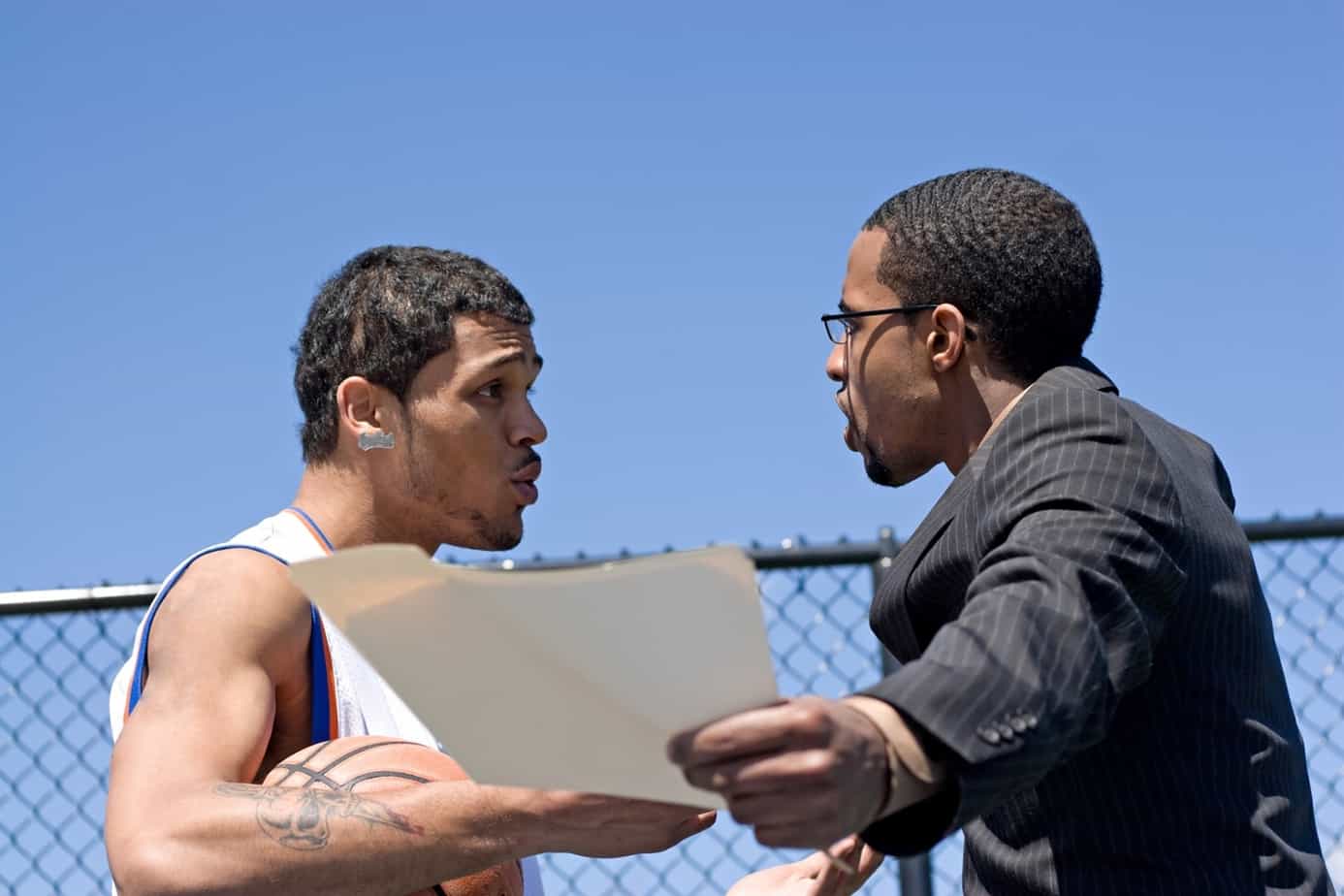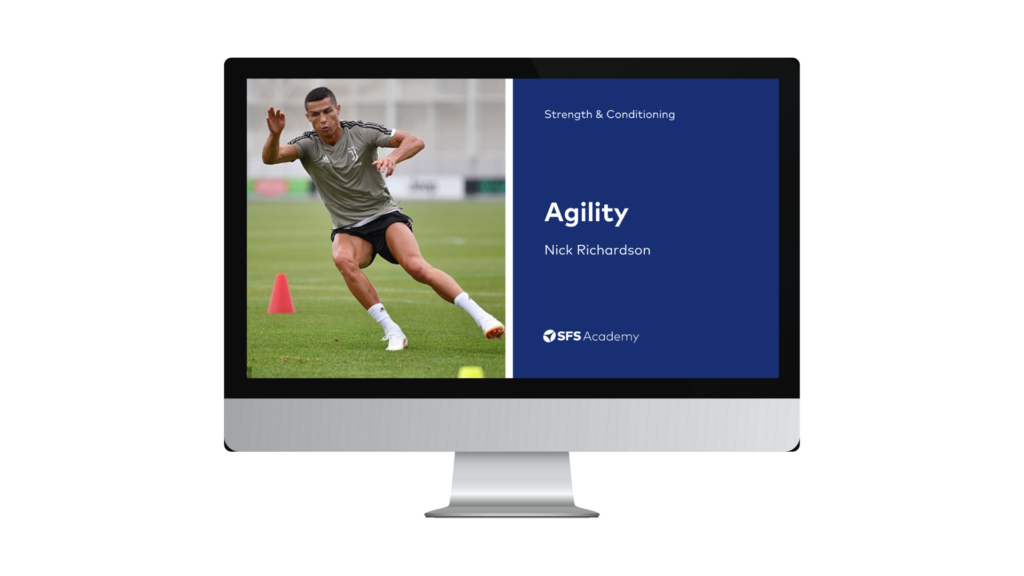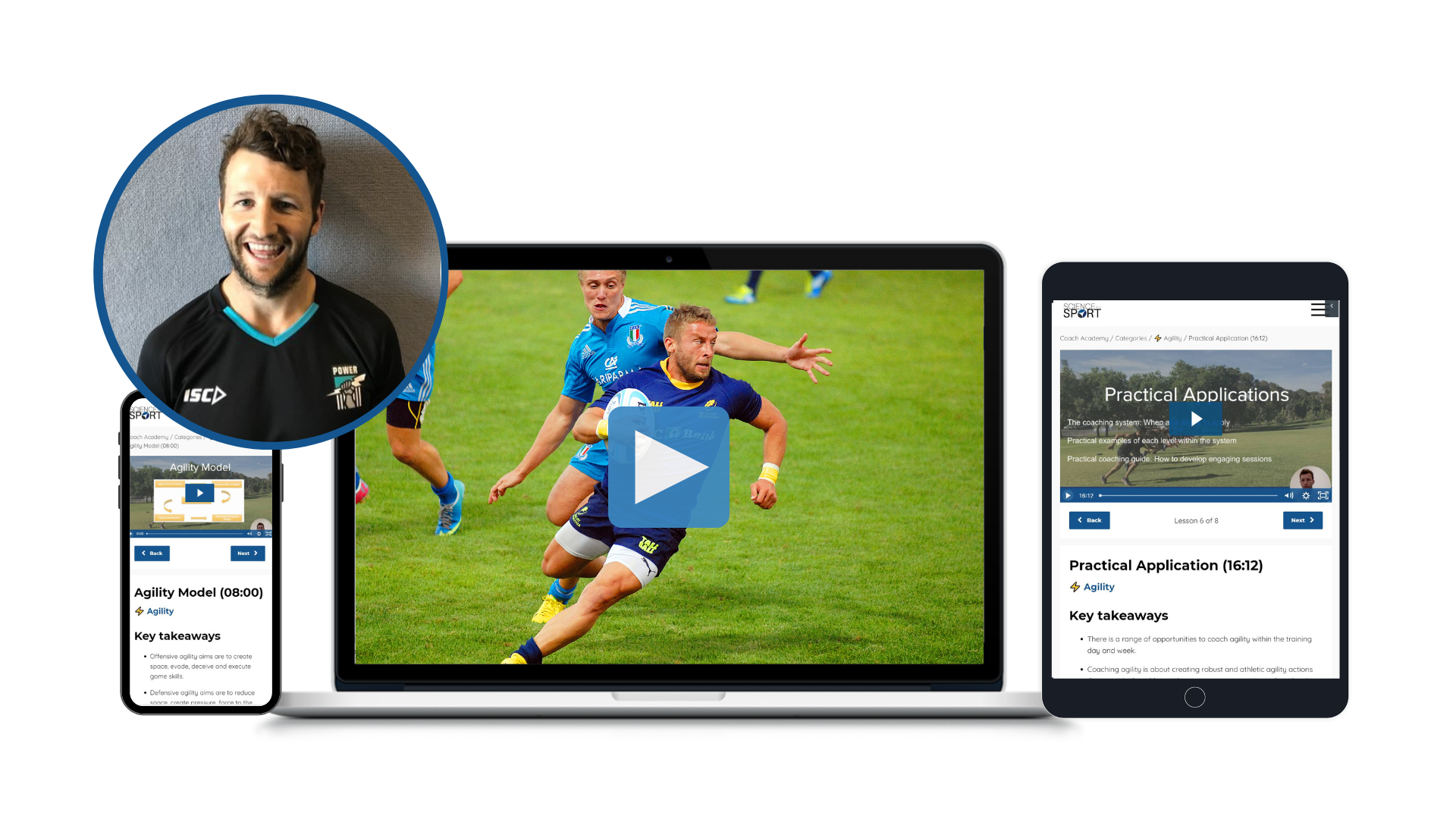How can coaches break through with problem athletes?
How to deal with problem athletes? Coaches need to display honesty and vulnerability when dealing with athletes who display difficult behaviour.
Problem athletes are common on most teams
Building a relationship with the problem athlete is a key to improving their behaviour
Gaining respect will help strengthen the coach-athlete relationship
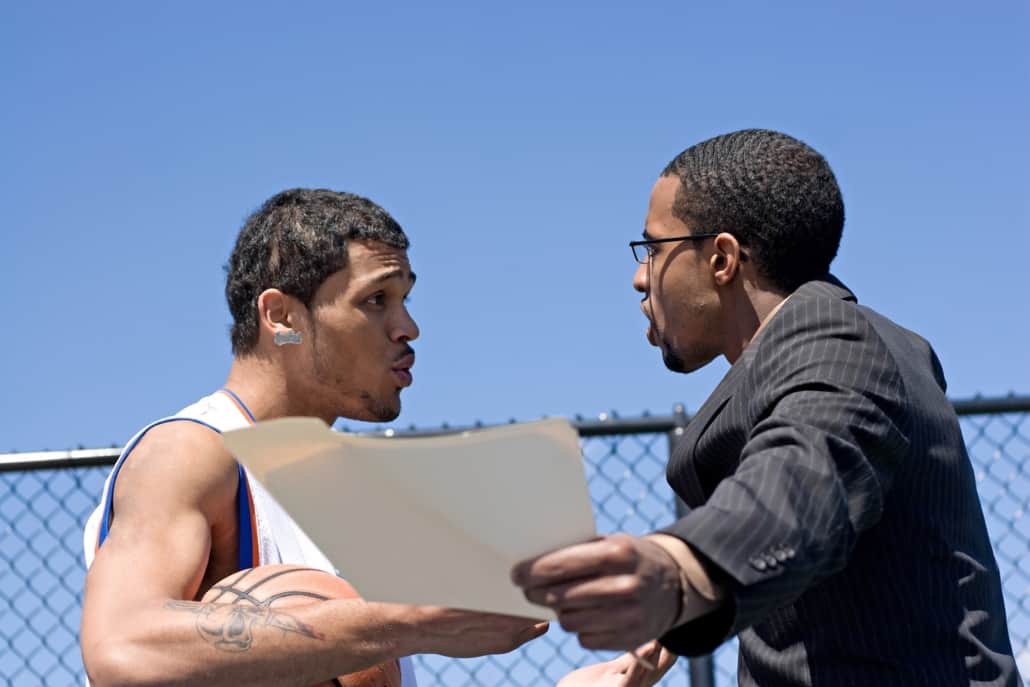
How should coaches best manage problem athletes?
Building strong relationships is a key plank of successful coaching but is especially important when it comes to problem athletes.
That’s the opinion of a leading strength and conditioning coach, who believes coaches need to display honesty and vulnerability when dealing with athletes who display problematic behaviour.
Cole Hergott — Head Strength & Conditioning Coach at Trinity Western University in Langley, BC, Canada — says dealing with difficult athletes is one of his profession’s trickiest tasks, but there are tools to make things easier.
“Problem athletes are common on most teams – they pose a challenge to your normal work environment and you need to address it to protect team culture and prevent negative influences,” Hergott, who has a Master’s Degree in Coaching Science, said during his Science for Sport presentation titled ‘Coaching Problematic Athletes.’
“A problem athlete can be someone who is uncoachable, self-centred, argumentative or just someone who is tough to deal with and can lead others astray. It is something as a coach you need to address because it’s our job to develop these athletes and people. If you don’t try to improve them, they’ll pull others down.
“Research shows a strong coach-athlete relationship can increase motivation, work ethic and positive mindset.”
The ‘5-10-5’ rule of team sports
Hergott highlighted what he termed the ‘5-10-5’ rule, which explains that on a squad of 20 athletes, there will generally be five who are “perfect” and five who can cause issues. The 10 in the middle can be heavily influenced by their teammates either positively or negatively – hence the need to make sure the middle group is positively influenced.
Hergott said coaches had to concentrate on their relationship with the problem athlete to improve the situation. And a coach had to be prepared to be honest and vulnerable.
“Show you care [about them] – for real,” he said. “Showing you care for real opens the door to so many avenues when it comes to coaching. When athletes are cared for in a nurturing environment, they’re more likely to do what they’re told – [that is] the essence of buy-in. Why? Because when someone cares about them and has their best interest in mind, they’re more likely to follow a plan and trust that person.
“Ask them about their day outside of sport, ask them about their upcoming weekend, or what’s up at school, or what type of music they like. The easiest way to build a strong relationship is to spend time with them and have meaningful conversations. Learn about them. And it has to be a two-way street – make sure you open up to them. Be a human, not a robotic coach who does no wrong. You need to contribute to the relationship. It does involve some vulnerability. Make it a safe place.”
It might sound obvious – but you’ve got to know your stuff
Gaining an athlete’s respect is also a key weapon in trying to coach a problem athlete, Hergott says.
“You have to know your stuff,” Hergott said. “Step up when given a chance – if you’re asked a question, answer it! Demonstrate your value. But keep it simple – if you can’t explain the concept to your grandmother, then you don’t know it well enough.
“And it’s OK to say ‘I don’t know’ – being honest and vulnerable can help build relationships and then you can try to find out the answer and/or find someone else who can help, which is a great way to show them [the athlete] that you care about them.”
[optin-monster slug=”nhpxak0baeqvjdeila6a”]
Cole Hergott is the Head Strength & Conditioning Coach at Trinity Western University in Langley, BC, Canada. He has a strong passion for helping his athletes reach their full potential through strength training, nutrition, and recovery methods. He holds his CSCS as well as a Masters Degree in Coaching Science.
